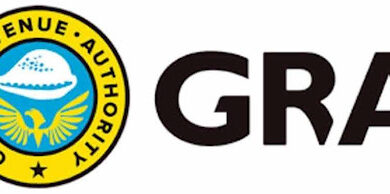Government’s neglect making rice farming unsustainable

Convenor of the One Ghana Movement, Senyo Hosi, has described Ghana’s current rice production crisis as a “terrible” reflection of policy failure, accusing the government of treating the sector with lip service instead of concrete action.
Hosi said the problems facing local rice producers stem not only from costs but also from a deep-seated lack of policy direction.
According to him, while Ghana has the potential to be self-sufficient in rice production within a single electoral cycle, political will and policy consistency remain missing.
“It’s terrible, but this is not a glut problem,” he explained on JoyNews’ Newsfile, monitored by MyNewsGh.
“It’s not clearly a policy failure, but I don’t think governments take rice seriously. They just pay lip service. I still don’t see any proper policy direction in this matter.”
Hosi broke down the cost structure that makes locally produced rice uncompetitive against imports. He revealed that producing one hectare of paddy costs around GH₵25,000, yielding roughly five tons.
That translates to about GH₵5 per kilogram even before adding milling, transportation, and profit margins.
When processed, the price rises to over GH₵9 per kilo, while imported rice sells for about GH₵8, a gap that discourages local farmers.
“The economics simply don’t make sense for a farmer to plant,” he lamented. “Even at GH₵5 per kilo, there’s no margin for the farmer, the miller, or anyone in the chain.”
He further criticised the government’s handling of the cedi’s recovery, arguing that while importers benefited from a stronger currency, local producers faced unchanged or even worsening costs.
“When the dollar dropped by 35 percent, the cost of fertilizer only dropped by about 7 percent,” he noted. “Imports became cheaper, but local production got worse. It’s a total fiasco.”
Hosi maintained that Ghana’s overreliance on imports, weak policy enforcement, and poor data collection have created conditions where local producers are forced to sell at a loss.
“Farmers are selling today at a loss,” he said. “This is not a glut. It’s a policy problem.”
He concluded that Ghana could achieve rice self-sufficiency within five to six years if the right policies and leadership were in place.
“Agriculture is the easiest win,” he emphasized. “But we’re either not serious or just intellectually and morally bankrupt.”




